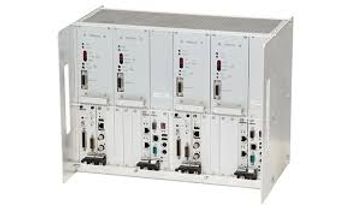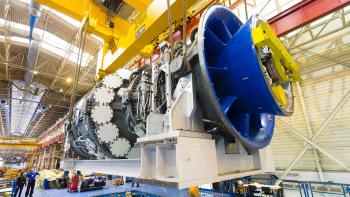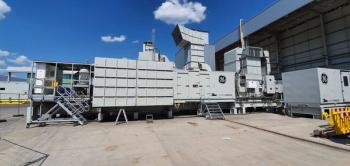
How to determine if your vendor is qualified?
Not screening vendors for experience for the project at hand will result in schedule delays in the selection process and lower unit reliability.
The best practice discussed here has been used since the 1970s and ensures minimum machinery review time, optimum safety and reliability, and maximum revenue over the life of the process. It has been incorporated globally in all upstream and downstream projects, and has resulted in minimum machinery design times, minimum change orders, smooth FATs (Factory Acceptance Tests) and trouble free start-ups.
The key screening factors for vendor experience for the specific project requirements are:
Past project experience – design errors, manufacturing problems, delays and so on
Past field experience – availability, maintainability, field support and so on
Vendor’s reference list for the specific project application detailing flow, head and efficiency
Networking with industry peers (API and symposiums)
Once these facts are obtained, a list of acceptable vendors for this specific project can be prepared. It is important to note that each specific project will have different requirements and some vendors will not be in the same position as their competition in terms of design experience and/or manufacturing capability.
The decision not to use a certain vendor may be difficult because of the past associations, but it is in the end user’s interest to only select the vendors that have the most design and manufacturing experience for a specific application. Vendors not having the required level of experience for this application should be informed immediately, to save them the high costs of quoting. It should be explained that the decision taken is not an expression of the quality of their design and manufacturing, but of the relative experience level for this specific application and this will definitely not impact future business opportunities.
After the potential vendors are determined, the degree of risk for this application must be defined when and if audits are required. The considerations for critical un-spared machinery include design and manufacturing pre-screening in pre-FEED phase for prototype, design audit in bid phase for multi-component inexperience, and design audit at coordination meeting for single component inexperience.
Newsletter
Power your knowledge with the latest in turbine technology, engineering advances, and energy solutions—subscribe to Turbomachinery International today.




